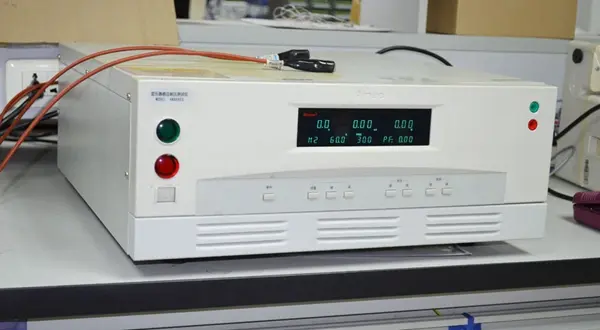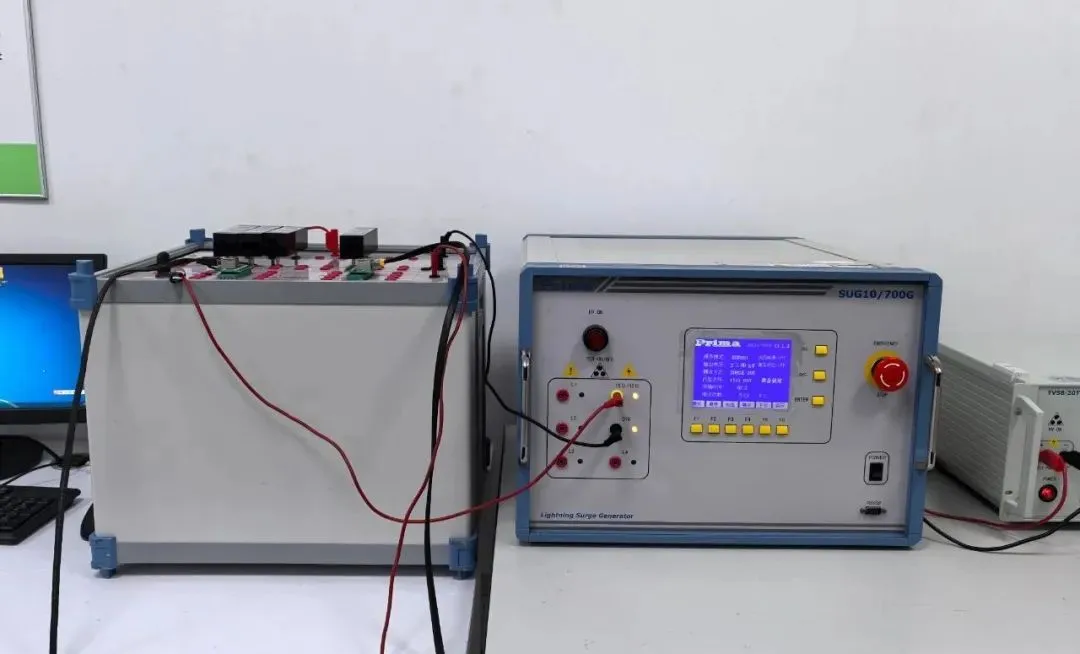
Amazon and Temu Require FCM Test Reports
As platforms like Amazon and Temu impose increasingly stringent safety requirements for Food Contact Materials (FCMs), ensuring your products comply with regULations in various countries has become a crucial aspect for cross-border e-commerce sellers. To support your successful entry into Temu, JJR Laboratory offers comprehensive FCM testing services to ensure your products meet the latest regulatory standards.
Scope of Application and Product Definition
Colorfastness Testing in Water, 3% Acetic Acid, Alkaline Salt Solution, or Olive Oil
Ensures color stability of products in various environments to prevent discoloration due to friction or environmental changes, in compliance with food safety standards.
Detection of Extractable Harmful Substances such as Formaldehyde, Aromatic Amines, and Heavy Metals
Includes testing for harmful extractable substances like formaldehyde, aromatic amines, and heavy metals (lead, mercury, cadmium), ensuring your FCMs do not release hazardous substances during use and comply with international safety standards.
Specific Migration Testing (e.g., Benzophenone, 2-Methylbenzophenone, etc.)
Verifies that harmful substances do not migrate from the product during use, safeguarding consumer health and safety.
Fluorescent Whitening Agent Migration Testing
Ensures the absence of migratable fluorescent whitening agents in food contact materials to prevent adverse effects on food safety.
FCM Testing Standards in Europe and the U.S.
European Union:
- (EC) No 1935/2004
- (EU) No 10/2011
- 84/500/EEC
- 2007/42/EC
- AP (2004) 4
United States:
- 21 CFR 174 - 189
- CPG Section 545.400 / 545.450 / 545.500
- GRAS (Generally Recognized As Safe)
Why FCM Testing is Necessary
1. Ensure Consumer Safety
The main purpose of FCM testing is to ensure that products do not release harmful substances when in contact with food, thereby preventing health risks to consumers. Some materials may release toxic cheMICals such as heavy metals, formaldehyde, or fluorescent agents if not properly tested.
2. Comply with International Regulations and Market Entry Requirements
Countries and regions have strict legal regulations regarding FCM safety. For example, the EU’s Regulation (EC) No 1935/2004 mandates compliance with safety standards before FCMs are placed on the market. Similarly, the U.S. FDA, Canada, Australia, and other countries have relevant requirements. FCM testing ensures your product complies with these laws, helping you avoid regulatory issues.
3. Avoid Product Recalls and Legal Risks
Products that fail FCM testing may contain non-compliant substances that lead to food contamination or health issues. Non-compliance may result in recalls, penalties, or lawsuits. Pre-market FCM testing helps identify safety risks and mitigates these dangers.
4. Meet Specific Industry Standards and Certification Requirements
Certain certifications (e.g., ISO 22000 Food Safety Management System) require compliance testing of food contact materials. Failure to meet testing standards may prevent your business from obtaining these certifications and REDuce its global market competitiveness.
5. Enhance Supply Chain Transparency
FCM testing not only ensures regulatory compliance but also demonstrates product conformity to consumers, partners, and regulators. This transparency builds brand trust and customer loyalty.
Contact JJR Laboratory Now to Ensure Compliance!
Want to make sure your food contact material products meet all safety standards? Contact the professional team at JJR Laboratory today for customized testing services and ensure your products pass global market entry requirements smoothly.
Email:hello@jjrlab.com
Write your message here and send it to us
 Global Certification Guide for Lithium Batteries
Global Certification Guide for Lithium Batteries
 Compliance of Amazon 18650 Lithium Battery Product
Compliance of Amazon 18650 Lithium Battery Product
 What is CE Certification and EU Authorized Represe
What is CE Certification and EU Authorized Represe
 What Are the Lithium Battery Safety Tests?
What Are the Lithium Battery Safety Tests?
 What is the EN 61326-2-3 Standard?
What is the EN 61326-2-3 Standard?
 Why Do Smart Sockets Need IEC 60884 Certification?
Why Do Smart Sockets Need IEC 60884 Certification?
 Why Retest the Device if the 5G Module Already Has
Why Retest the Device if the 5G Module Already Has
 Overview of IEC 62087 Test Standard
Overview of IEC 62087 Test Standard
Leave us a message
24-hour online customer service at any time to respond, so that you worry!




